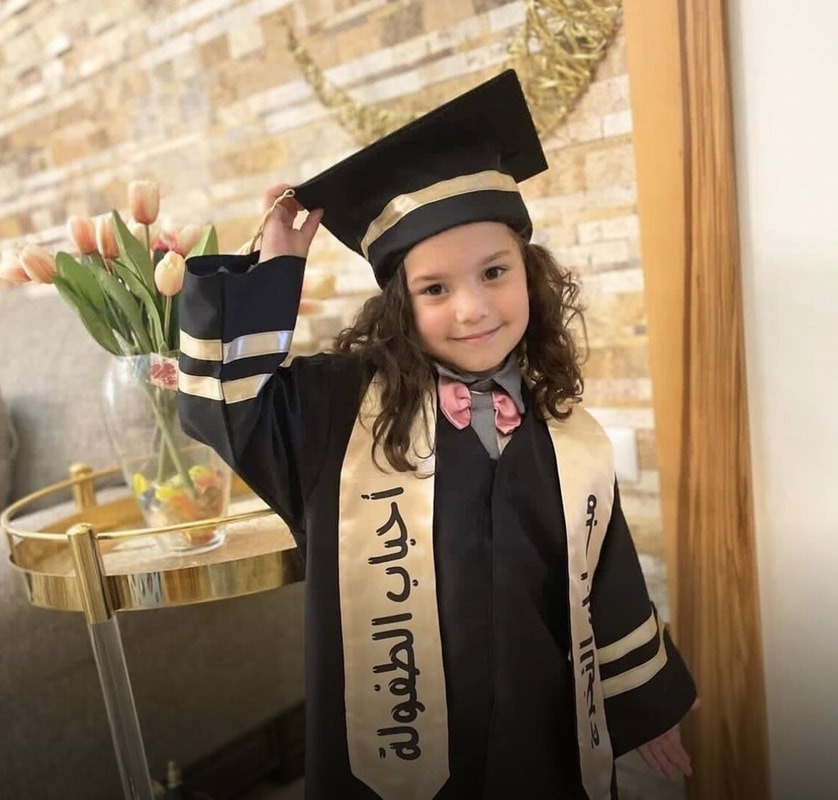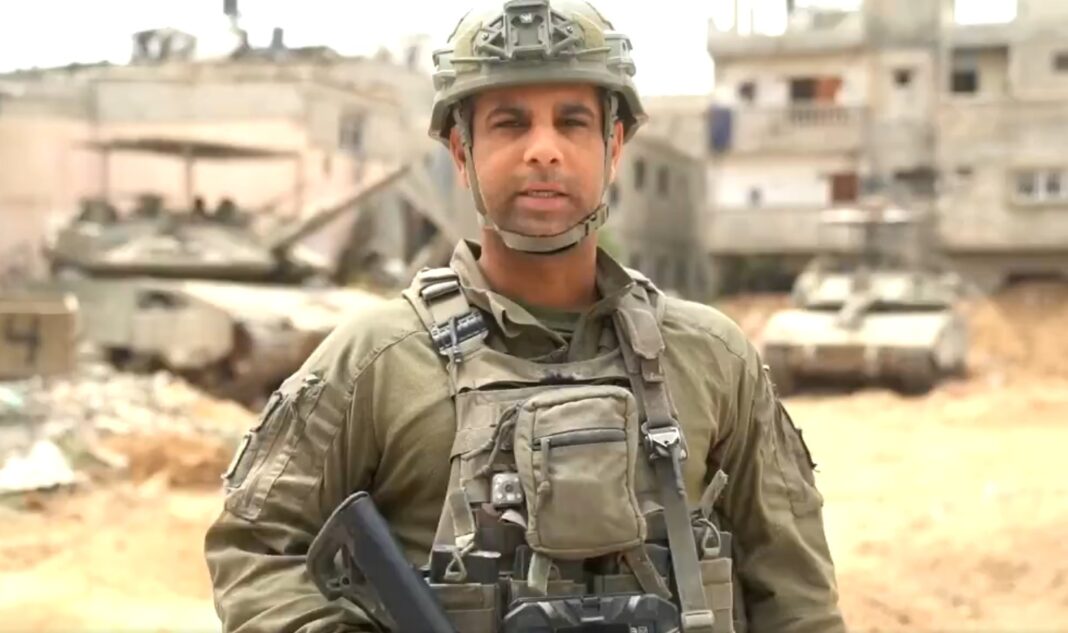On what should have been her seventh birthday, little Hind Rajab did not blow out candles. Instead, her name resounded through the halls of international justice. On May 3, 2025, the Hind Rajab Foundation filed a formal war crimes complaint at the International Criminal Court (ICC) in The Hague, naming the Israeli military officer they say is responsible for Hind’s death, as well as the deaths of her family and the two medics who tried to save her.
The accused is Lieutenant Colonel Beni Aharon, the commander of the 401st Armored Brigade of the Israel Defense Forces (IDF). According to the Foundation’s detailed investigation, it was under Aharon’s direct command that an Israeli tank unit shelled the civilian car in which six-year-old Hind and her family were fleeing, and then destroyed a Palestine Red Crescent Society (PRCS) ambulance dispatched to rescue her. All six of Hind’s family members died instantly. Hind, wounded and terrified, stayed alive for hours, whispering into a phone with medics: “I’m so scared… please come.” That call would be her last.
The attack occurred in Tel al-Hawa, a neighborhood of Gaza City, on 29 January 2024. When rescue teams returned to the site over a week later, they found Hind’s lifeless body next to her cousin Layan. The charred remains of the ambulance and the medics inside testified to the second strike. These were not isolated casualties. They were the result, the Foundation argues, of direct, deliberate targeting by a known military unit under identifiable leadership.
“Today, Hind should have been blowing out candles,” said Dyab Abou Jahjah, spokesperson for the Hind Rajab Foundation. “Instead, we are naming her killer. This is only the beginning. We are coming for every name, every link in the chain, with the law and with truth.”
The Legal Strategy: One Name, Many to Follow
The Foundation’s ICC complaint is just the first salvo. In addition to naming Lt. Col. Aharon, the Foundation says it has fully identified the battalion that carried out the operation, including its field commanders and operational officers. These men, the Foundation declares, “are no longer protected by silence.”
More legal complaints are expected soon, to be filed in multiple countries under universal jurisdiction—a legal doctrine that allows states to prosecute grave crimes such as war crimes, even if they occurred outside their territory and involved foreign nationals. The strategy aims not only to pursue direct perpetrators, but those who issued orders, facilitated cover-ups, and allowed such violations to happen unchecked.

A Year of Evidence—and Silence
This legal action comes after a year-long investigation, built upon original research and independent reports from groups such as Forensic Architecture, Sky News, and others. It is rooted not in revenge, the Foundation says, but in law, evidence, and the humanity Hind was denied.
And yet, despite the magnitude of the crime and the clarity of evidence, Western mainstream media has remained almost entirely silent. Major broadcasters and newspapers have not covered the ICC filing. There have been no CNN specials, no BBC interviews, no New York Times exposés. A six-year-old girl’s last words, and the legal campaign they sparked, have been treated as a footnote—if acknowledged at all.
Pursuing Israeli War Crimes: A Global Effort
The case of Hind Rajab is not isolated. Across the world, efforts to hold Israeli military personnel accountable are gaining traction.
One of the most comprehensive investigations comes from GreatReporter.com, which has extensively tracked these developments. In October 2024, the Hind Rajab Foundation filed a historic complaint at the ICC against 1,000 Israeli soldiers for war crimes, crimes against humanity, and genocide. These efforts, supported by legal coalitions and advocacy groups, are spreading globally.
Among the developments:
- In Morocco, an IDF soldier named Moshe Avichzer is facing potential prosecution under universal jurisdiction laws. The case marks a significant test for regional accountability.
- In Brazil, a suspect named in a war crimes complaint escaped the country, allegedly with help from Israeli diplomatic staff. The evasion raised alarms about political interference in judicial processes.
- Israeli lawyer Itay Shatz filed a genocide complaint against Prime Minister Benjamin Netanyahu at the ICC, using the complementarity principle to argue that Israel’s unwillingness to prosecute its own leaders gives the ICC jurisdiction.
- In November 2024, the ICC issued arrest warrants for Netanyahu and Defense Minister Yoav Gallant—a move welcomed by the Hind Rajab Foundation as a turning point in the fight against impunity.
- A new international coalition, Global 195, has mobilized legal professionals from around the world to target Israeli war criminals in every possible jurisdiction. It has compiled over 130 eyewitness testimonies and is coordinating with affected families, including the Rajabs.
Meanwhile, Israel is tightening controls on IDF soldiers’ social media activity—a direct response to open-source investigators who have used photos and posts to identify suspects and reconstruct alleged war crimes.
A Crack in the Wall of Impunity
Despite these breakthroughs, actual convictions remain elusive. One soldier was sentenced to just seven months in prison for abusing Palestinian detainees—an outcome criticized as symbolic rather than substantive.
Still, momentum is building. The legal architecture of accountability is taking shape, slowly but surely, around Hind’s case and others like it. As Dyab Abou Jahjah put it, “More names will follow. More jurisdictions will open. The wall of impunity that shields war criminals is beginning to crack.”
Hind’s Legacy
The Hind Rajab Foundation is determined that Hind’s martyrdom will not be the end of her story. It is not simply about one child, one family, or one case—it is about confronting the systemic disregard for Palestinian life that has defined this conflict for generations.
And it is about forcing the world—especially the powerful media institutions of the West—to reckon with their silence.
Because Hind asked for help. Because she waited. Because we failed her.
And because now, through law and memory, she will not be forgotten.




